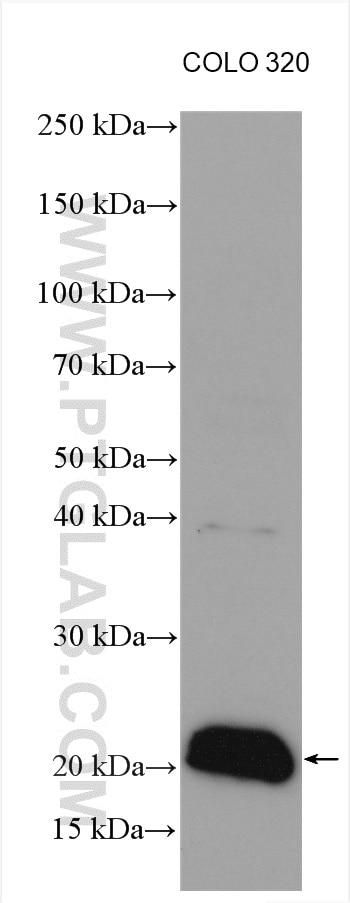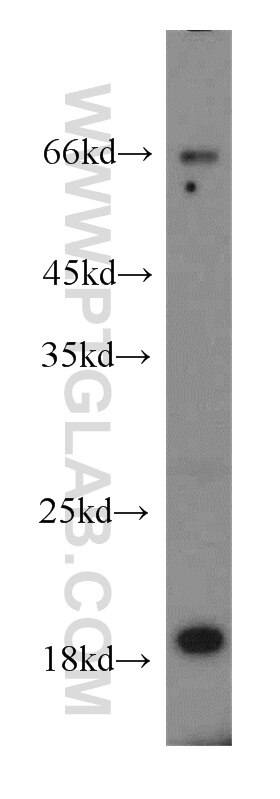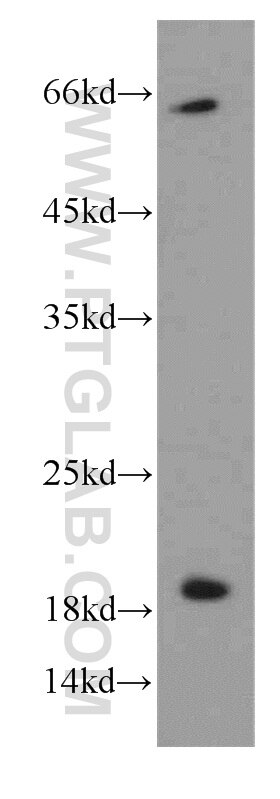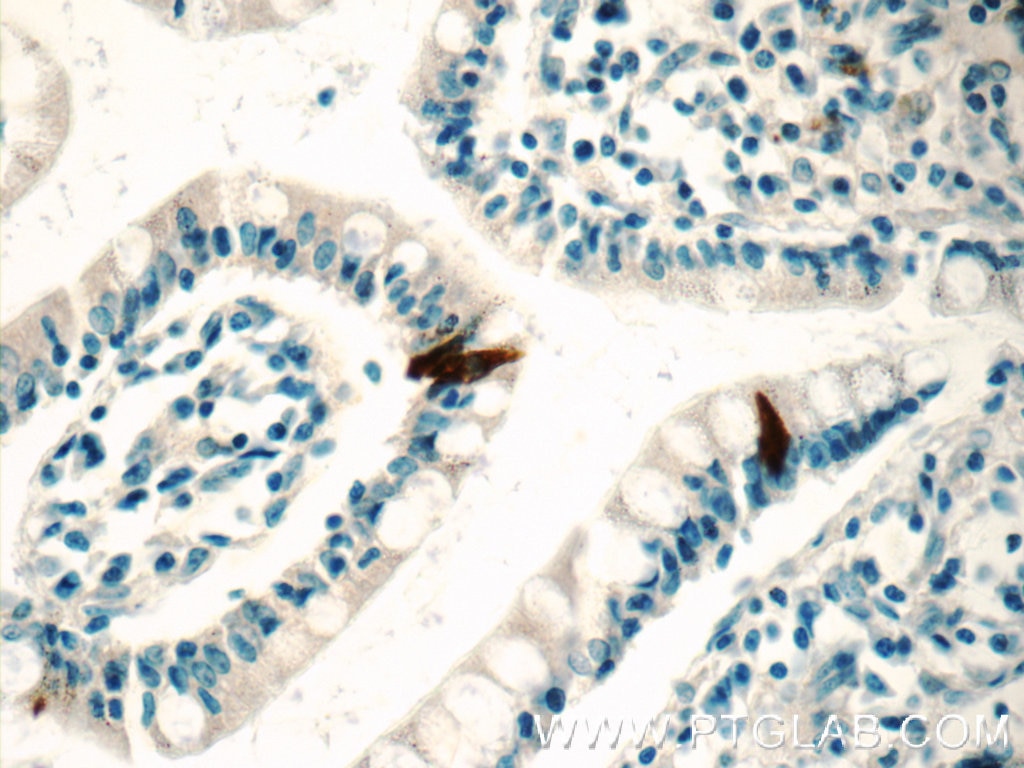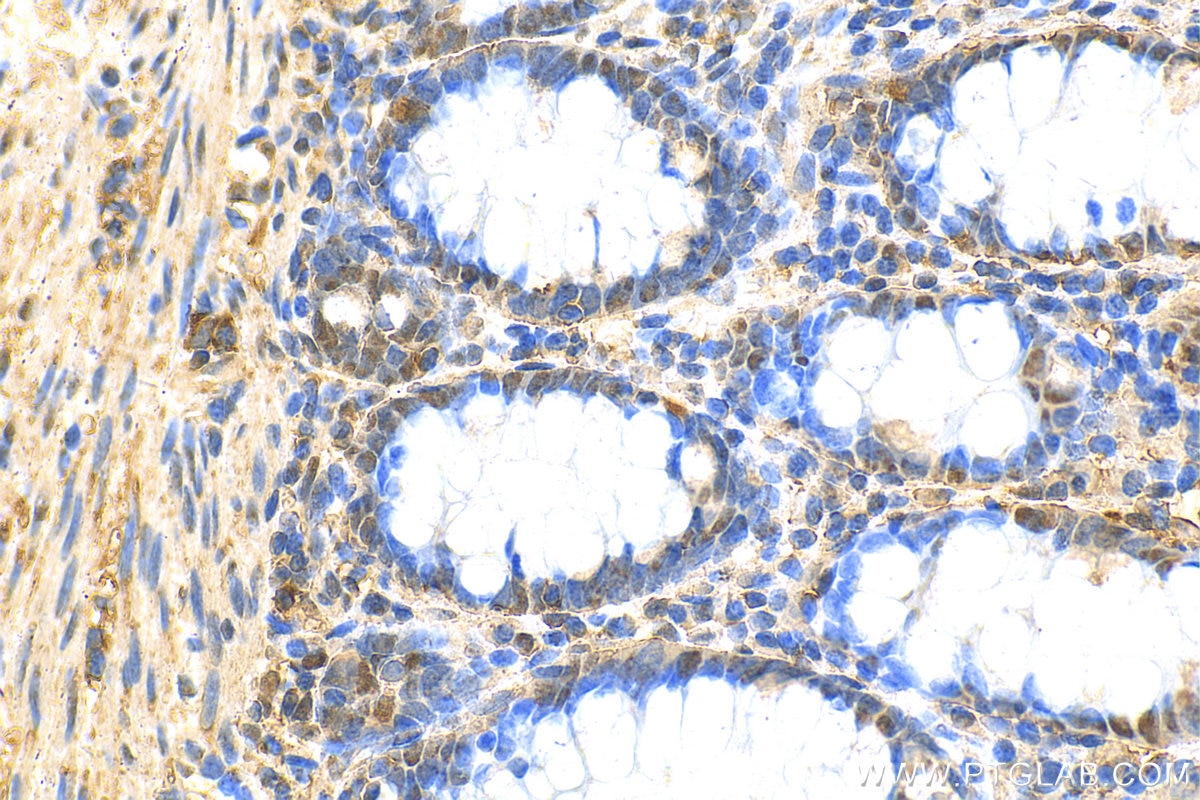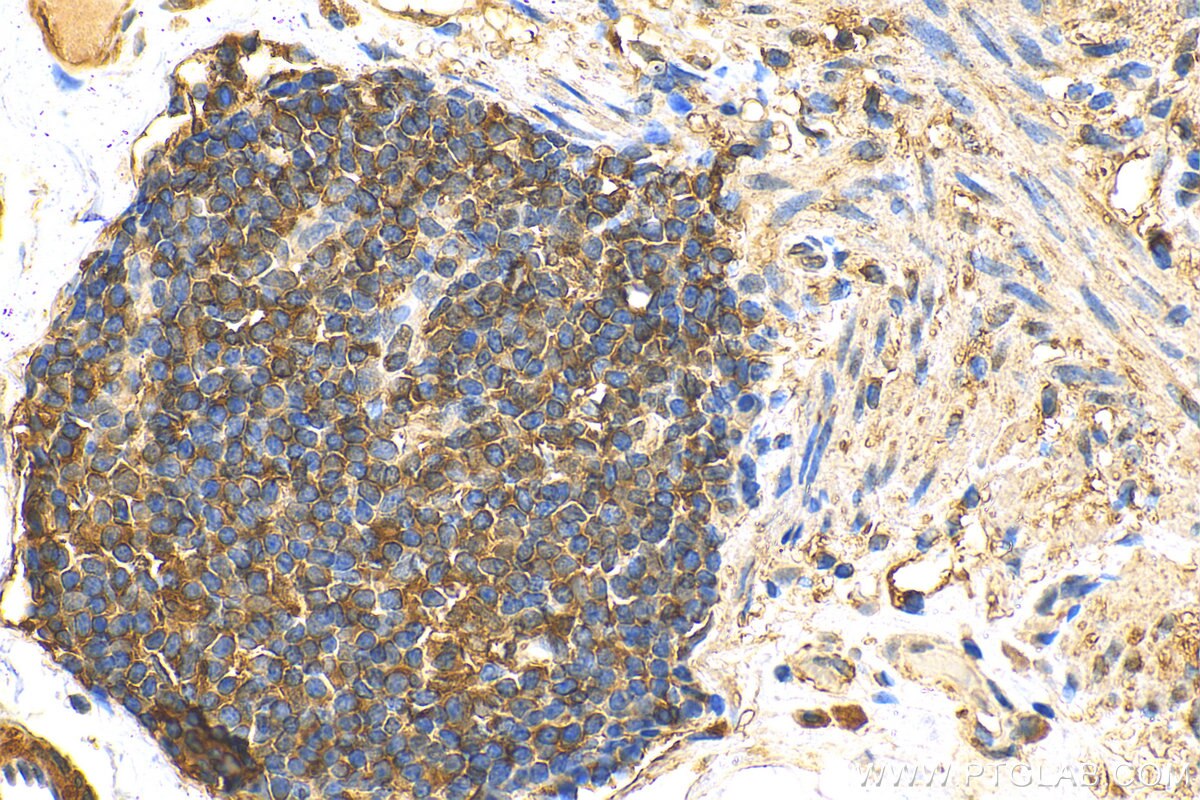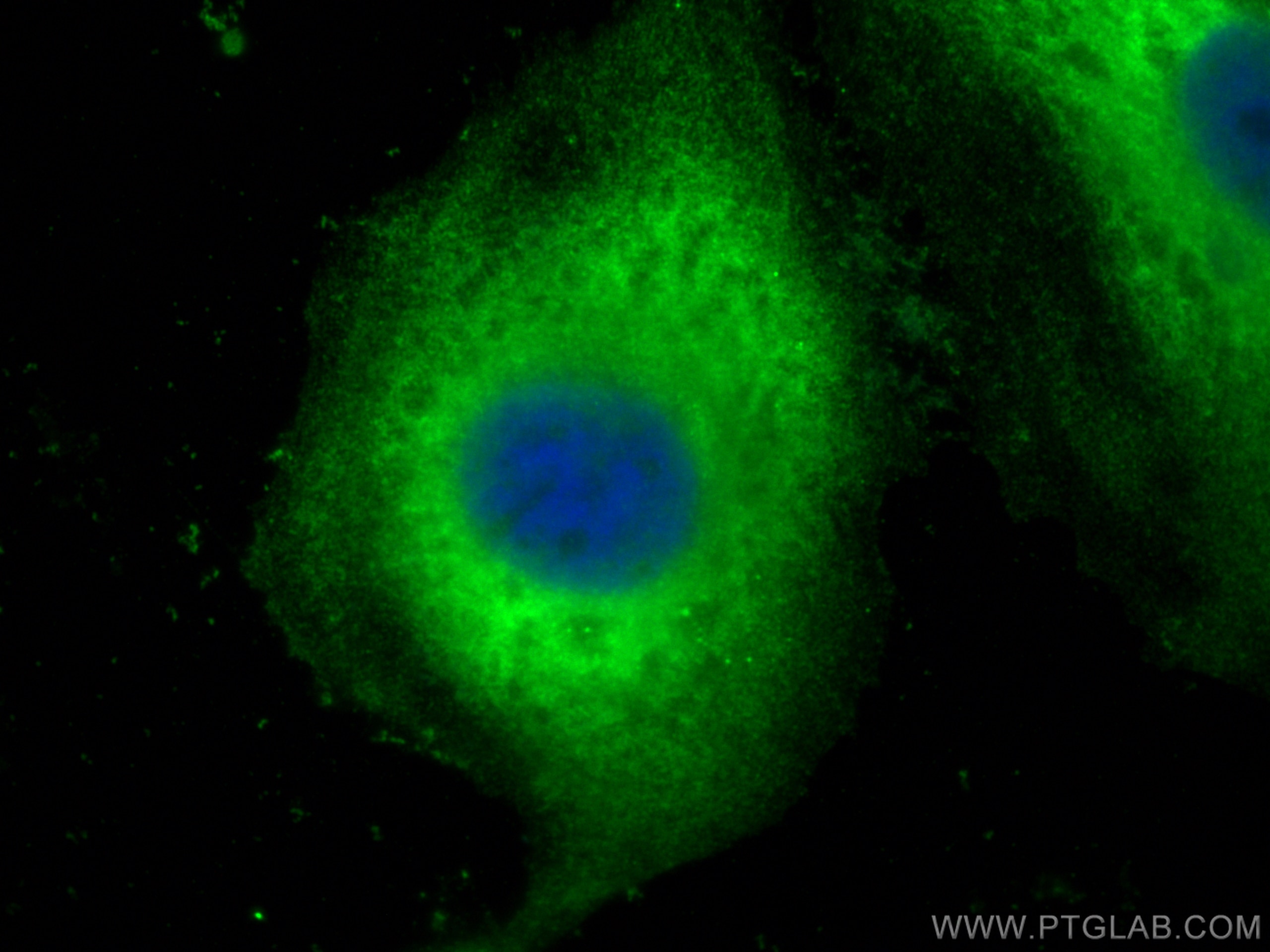Validation Data Gallery
Tested Applications
Recommended dilution
| Application | Dilution |
|---|---|
| It is recommended that this reagent should be titrated in each testing system to obtain optimal results. | |
Product Information
14518-1-PBS targets ENSA in WB, IHC, IF/ICC, Indirect ELISA applications and shows reactivity with human, mouse samples.
| Tested Reactivity | human, mouse |
| Host / Isotype | Rabbit / IgG |
| Class | Polyclonal |
| Type | Antibody |
| Immunogen | ENSA fusion protein Ag5982 相同性解析による交差性が予測される生物種 |
| Full Name | endosulfine alpha |
| Calculated molecular weight | 14 kDa |
| Observed molecular weight | 19 kDa |
| GenBank accession number | BC004461 |
| Gene Symbol | ENSA |
| Gene ID (NCBI) | 2029 |
| RRID | AB_10838808 |
| Conjugate | Unconjugated |
| Form | Liquid |
| Purification Method | Antigen affinity purification |
| UNIPROT ID | O43768 |
| Storage Buffer | PBS only{{ptg:BufferTemp}}7.3 |
| Storage Conditions | Store at -80°C. |
Background Information
Endosulfine alpha (ENSA) belongs to the highly conserved c-AMP-regulated phosphoprotein (ARPP) family and was originally identified as an endogenous ligand for the sulfonylurea receptor, which regulates insulin secretion and glucose metabolism.ENSA not only regulates the cell cycle by interacting with microtubule-associated serine/threonine protein kinase-like (MASTL) enzymes, but also influences tumor growth through its own methylation. Recent studies have shown that ENSA is an important regulator of cholesterol biosynthesis in triple-negative breast cancer (TNBC) and that it triggers tumor growth by promoting cholesterol biosynthesis in TNBC.
